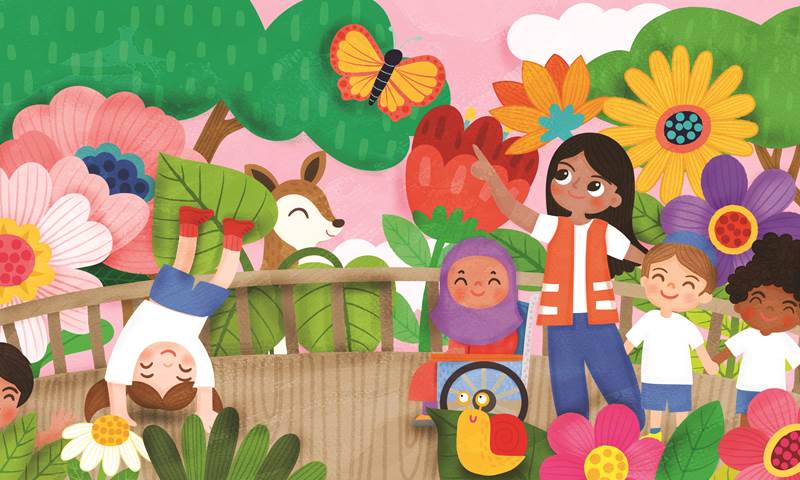Our website uses Cookies - by using this site or closing this message you're agreeing to our Terms & Conditions, Cookie Policy and Privacy Policy
xChildren, parents and carers share experience of COVID-19
Date: 9th December 2020
Category:
COVID-19, Education, Leisure and Cultural Activities

To make children’s rights real and to ensure the best efforts of recovery from COVID-19, the impact of Covid-19 on families must first be understood. Children’s Parliament has captured the experiences of 15 parents, carers and children as lockdown restrictions have changed throughout the year.
When engaging with children and parents/carers, eight key areas were stressed:
- Keeping early learning centres and schools open- All families identified the reopening of early learning centres and schools as the most positive thing to happen since the start of the pandemic. However, families did express mixed experiences about engagement with centres and schools about re-opening and the start of the new term.
- An improved model for learning at home- Parents described challenges to practically deliver learning. A further model of blended learning is required, greater consideration of what can be expected, what support is on offer and recognition of what parents can do is needed.
- Value and facilitate play- Closure of parks and areas to play had a profound impact on children. Thus, children’s play must be acknowledged as both a right and a basis for the promotion of wellbeing. Local or national lockdown decisions ought to take account of this right and utilise outdoor learning more.
- Ensure families have a network of support- Whilst the response to the pandemic may have by necessity been rapid, the impact of these responses upon families were inadequately considered. Recovery and any ongoing measures akin to lockdown must prioritise support and resourcing of community-based services for families.
- Educational establishments and other services must acknowledge and address the financial consequences of the pandemic for families- Unemployment, loss of income and closure of schools were identified as financial challenges for families.
- Families and services must work together to reflect on the impact of lockdown and social isolation on children’s behaviour and development- In the interest of learning, behaviour and child development, education providers and other professionals need to engage with parents and children to understand their perspectives on the impact of recent months without feeling judged.
- Support lone/single parents- Lone/single parents have experienced a significant degree of isolation. Social isolation of lone/single parents must be considered when decisions are made about responses to the pandemic and the provision of services.
- Support children and parents who live apart- In the initial months of lockdown, families reported some confusion about what to do when children live in two homes, bringing about stresses to co-parenting. The circumstances of co-parenting households need to be considered in all lockdown measures.
Read the 15 stories in full here.
